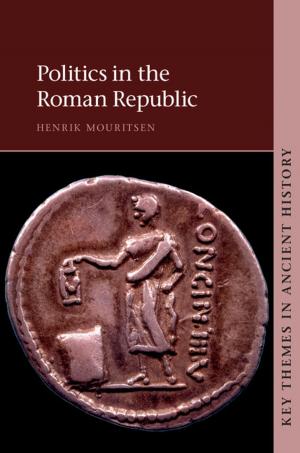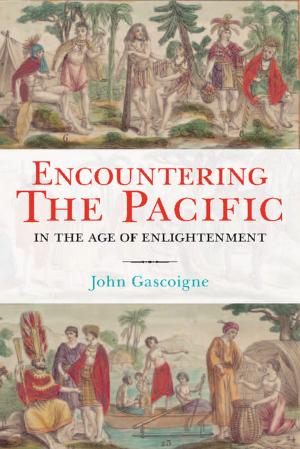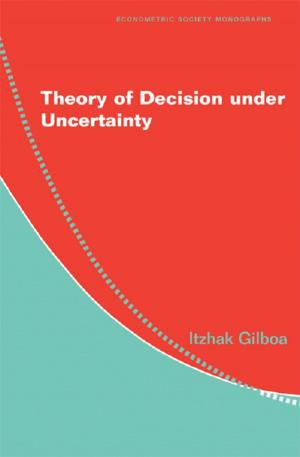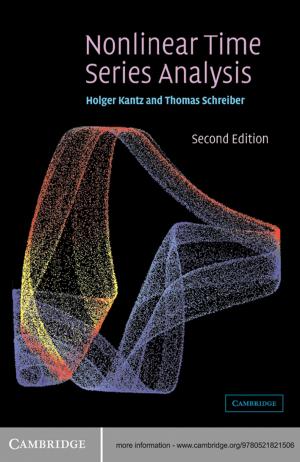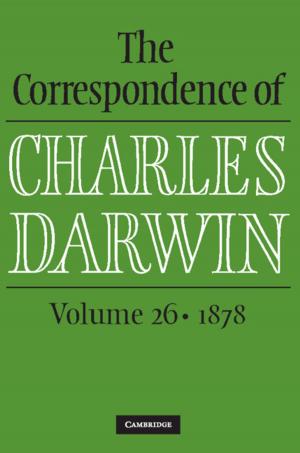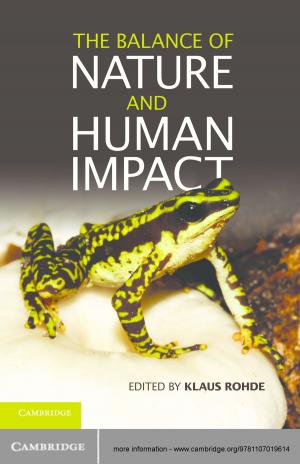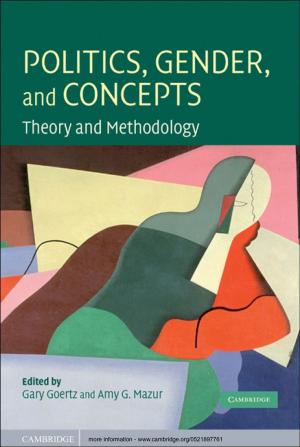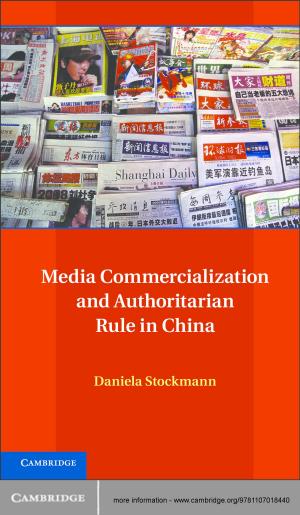Authority and Expertise in Ancient Scientific Culture
Nonfiction, History, Ancient History, Science & Nature, Science| Author: | ISBN: | 9781316848708 | |
| Publisher: | Cambridge University Press | Publication: | January 20, 2017 |
| Imprint: | Cambridge University Press | Language: | English |
| Author: | |
| ISBN: | 9781316848708 |
| Publisher: | Cambridge University Press |
| Publication: | January 20, 2017 |
| Imprint: | Cambridge University Press |
| Language: | English |
How did ancient scientific and knowledge-ordering writers make their work authoritative? This book answers that question for a wide range of ancient disciplines, from mathematics, medicine, architecture and agriculture, through to law, historiography and philosophy - focusing mainly, but not exclusively, on the literature of the Roman Empire. It draws attention to habits that these different fields had in common, while also showing how individual texts and authors manipulated standard techniques of self-authorisation in distinctive ways. It stresses the importance of competitive and assertive styles of self-presentation, and also examines some of the pressures that pulled in the opposite direction by looking at authors who chose to acknowledge the limitations of their own knowledge or resisted close identification with narrow versions of expert identity. A final chapter by Sir Geoffrey Lloyd offers a comparative account of scientific authority and expertise in ancient Chinese, Indian and Mesopotamian culture.
How did ancient scientific and knowledge-ordering writers make their work authoritative? This book answers that question for a wide range of ancient disciplines, from mathematics, medicine, architecture and agriculture, through to law, historiography and philosophy - focusing mainly, but not exclusively, on the literature of the Roman Empire. It draws attention to habits that these different fields had in common, while also showing how individual texts and authors manipulated standard techniques of self-authorisation in distinctive ways. It stresses the importance of competitive and assertive styles of self-presentation, and also examines some of the pressures that pulled in the opposite direction by looking at authors who chose to acknowledge the limitations of their own knowledge or resisted close identification with narrow versions of expert identity. A final chapter by Sir Geoffrey Lloyd offers a comparative account of scientific authority and expertise in ancient Chinese, Indian and Mesopotamian culture.




